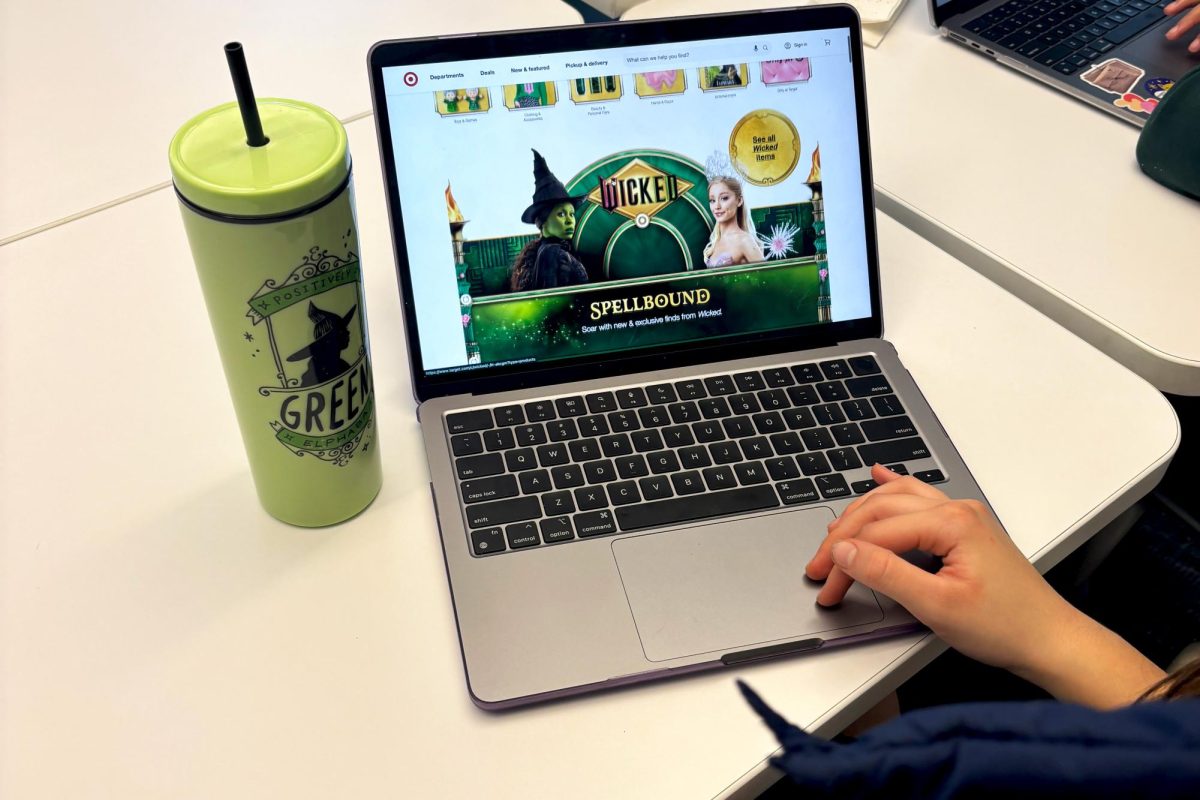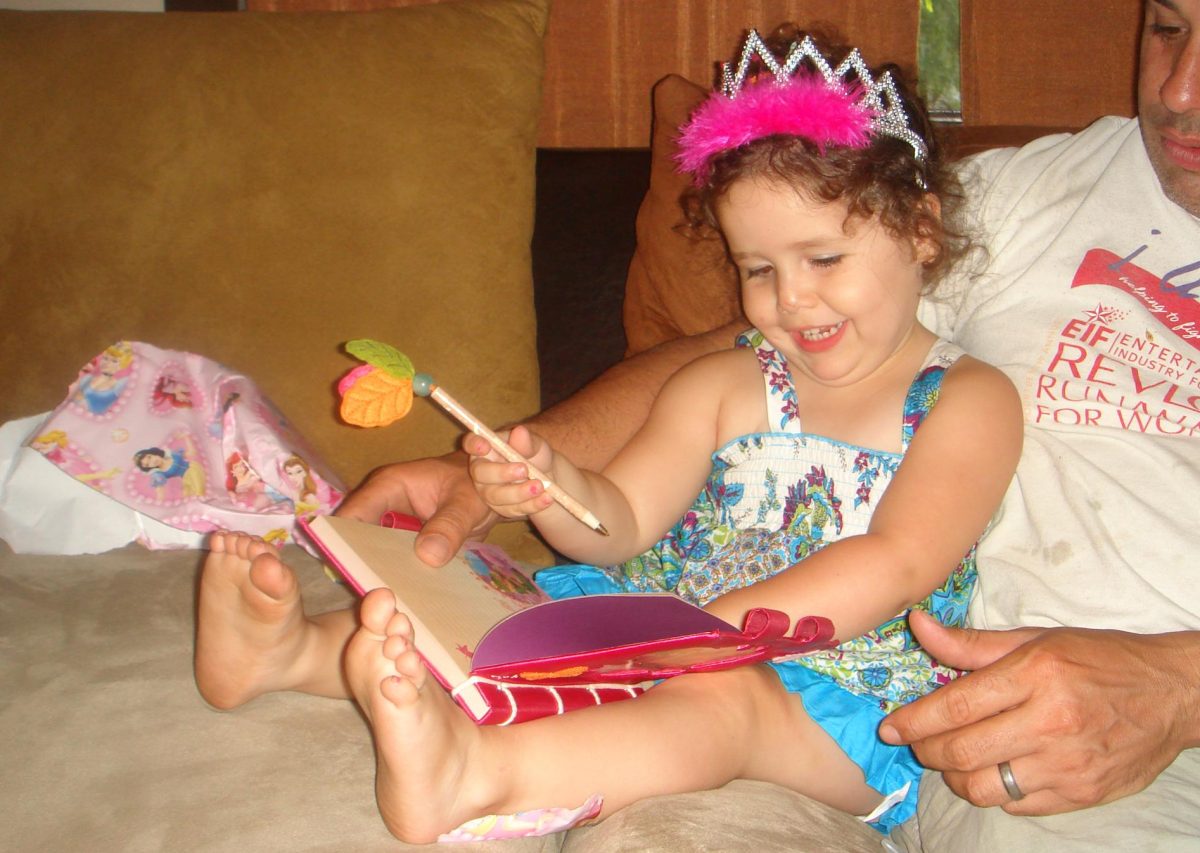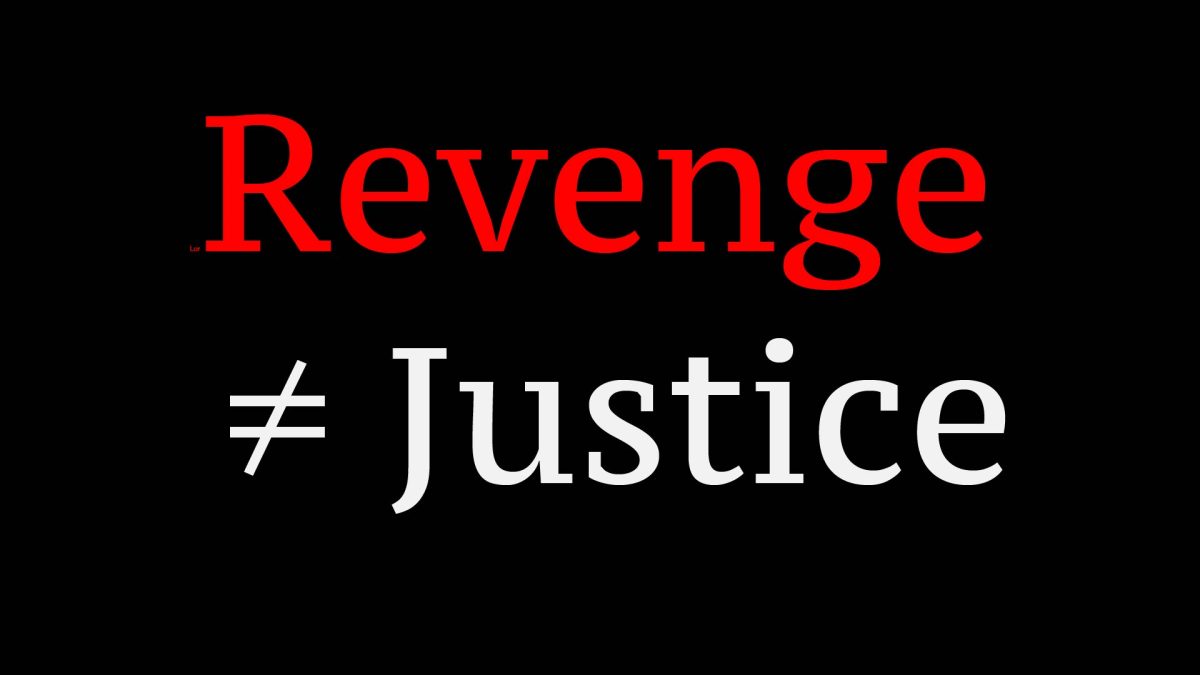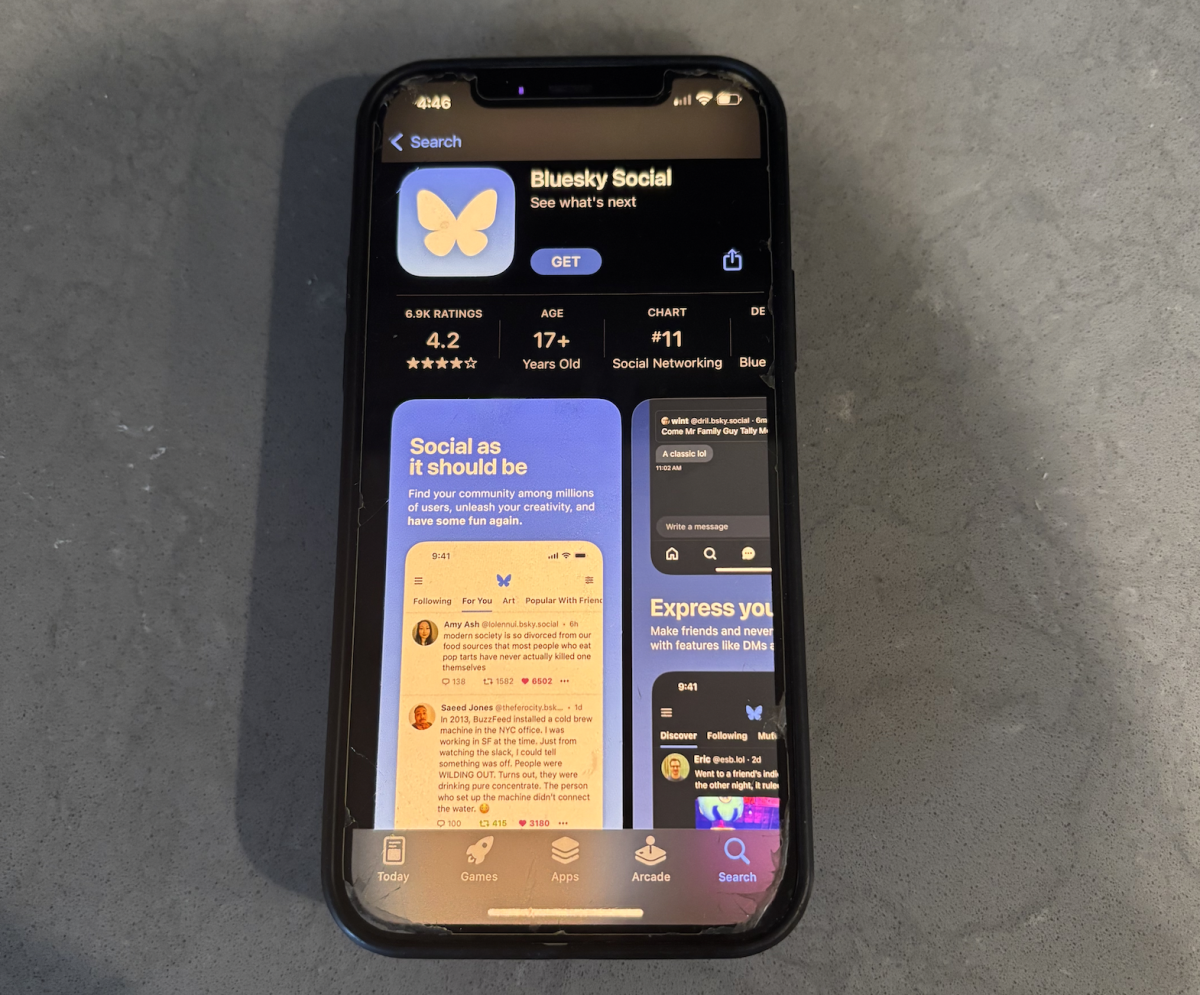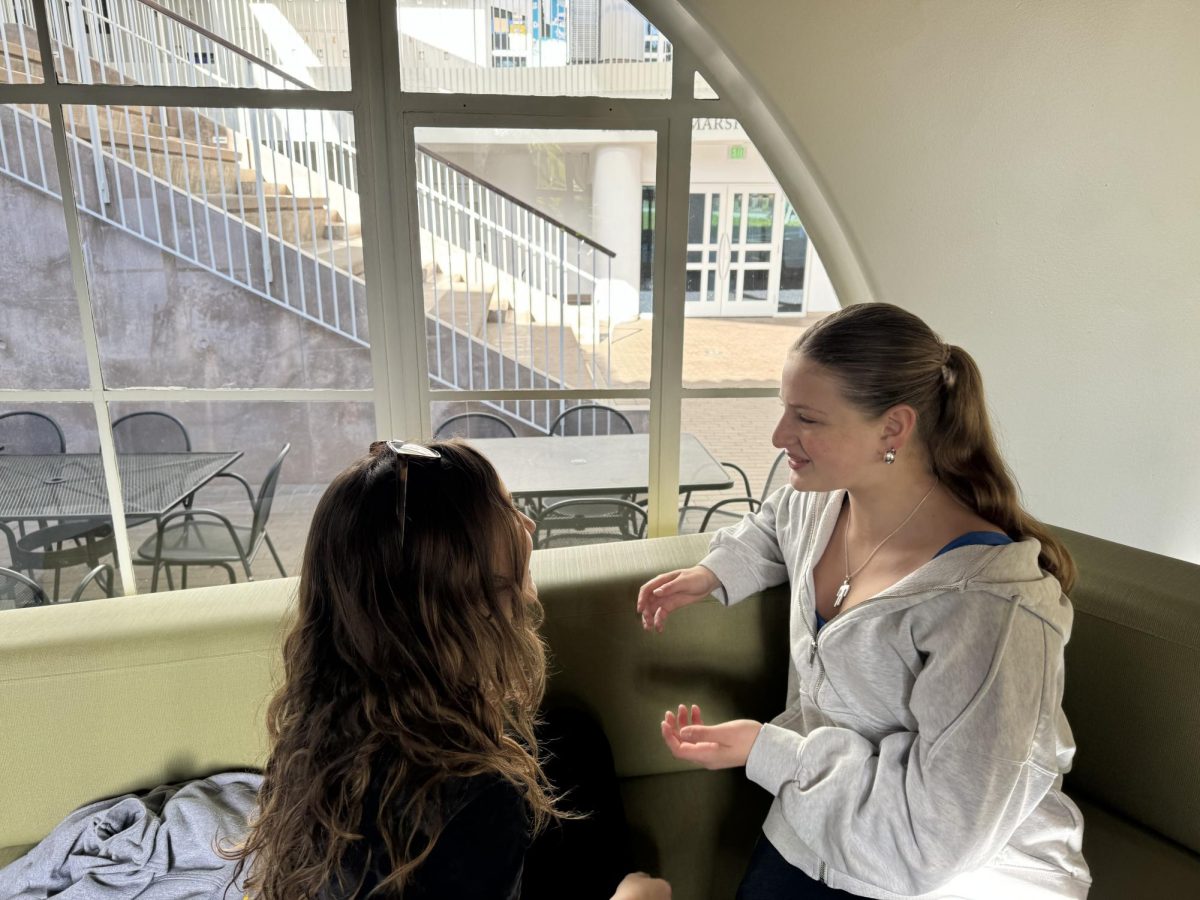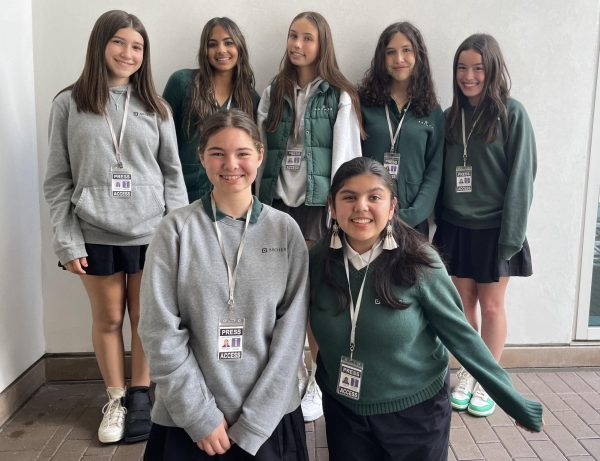Every year when May rolls around, high school students across the nation grab their No. 2 pencils and prepare to take the long-awaited Advanced Placement exams. AP classes have been considered the pinnacle of high school education for decades and are offered at the majority of American high schools. But are AP classes all they are chalked up to be?
After examining this question for several years, Archer’s administration and faculty decided to remove AP classes from the curriculum, replacing them with advanced study courses for the 2022-2023 academic school year. They also decided to rename “honors” courses “accelerated.” As we come to the end of the second year of this new program, our editorial board believes the decision to transition from AP to AS courses is actively benefiting our student body.
The Advanced Placement program has been run by the nonprofit College Board since 1955. The esteemed courses intend to prepare students for college-level classes with a thorough and intense curriculum.
However, in the past few years, there has been an increase in criticism of the courses and tests. According to Chalkbeat, the classes are extremely time- and energy-consuming while there isn’t even a guarantee that students will pass the exam. An additional drawback of the courses is their inflexibility because of the necessary strict adherence to the curriculum in order to prepare students for the exam.
With Archer’s change to advanced study, teachers are now able to design their curriculum and move at their own pace, as there is no longer a test dictating their every move. Additionally, students are participating in projects and activities that are expanding analytical and research skills that they would not have been able to develop in an AP course.
Advanced study courses are primarily offered to juniors and seniors and are available in every subject. Course content is typically modeled after the AP version of the course but is modified to achieve a more rigorous and in-depth curriculum.
Members of our board speak highly of their experiences in different advanced study courses they have taken in the past or are currently enrolled in, including Advanced Study Calculus AB, Advanced Study: Rhetoric of The American Self and Advanced Study French.
For example, one of the most integral components of the advanced study humanities courses is the research paper seniors write. The assignment allows students to participate in an independent, in-depth research and writing process. At the beginning of the year, students choose their topic and spend the semester researching and writing their paper. At the end of the semester, students will have completed their research papers and have different opportunities to share their work to their peers and the community.
While speaking to her experience in Advanced Study Literature of Fairy Tale & Fantasy, one editor noted the abundant opportunities to dissect and analyze classic fairytales ranging from “The Little Mermaid” to “Beauty and the Beast.” She also noted the value of the investigation process in preparation for her research paper.
In Advanced Study U.S. History, an editor spoke to the value of the discussion-based curriculum. She said the discussions have not only deepened her understanding of course content but have helped develop her contextualization skills. These benefits are a direct result of the advanced study course curriculum.
Although we all take a wide variety of advanced study courses, as editors, we all see the daily advantages of taking Advanced Study Journalism. Oracle editors take this class as juniors or seniors. We have assignments throughout the school year that aim to develop our leadership skills and help us think about our roles as student journalists.
One component of the class is our participation in the Media Now editor training program. Veteran advisers leading the course email editors daily “tips” over three 10-day periods that detail different ways for us to improve both our leadership and publication as a whole. Additionally, editors complete an advanced study project throughout second semester in the form of either an in-depth portfolio, which encapsulates their time as student journalists, or a project that would benefit The Oracle. In the past, editors have proposed adding a new editorial position, creating guidelines for interacting with administration and generating tips for highlighting a diverse range of student voices.
The advanced study program has given us a plethora of opportunities that we would not have had if not for this transition. We, along with every student enrolled in advanced study courses, are given abundant opportunities to demonstrate independent and extensive learning, which benefits us more than AP courses ever could have.




